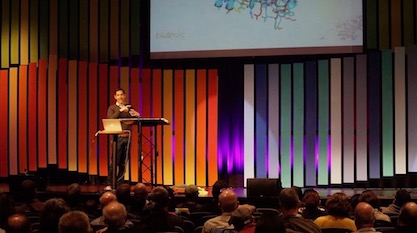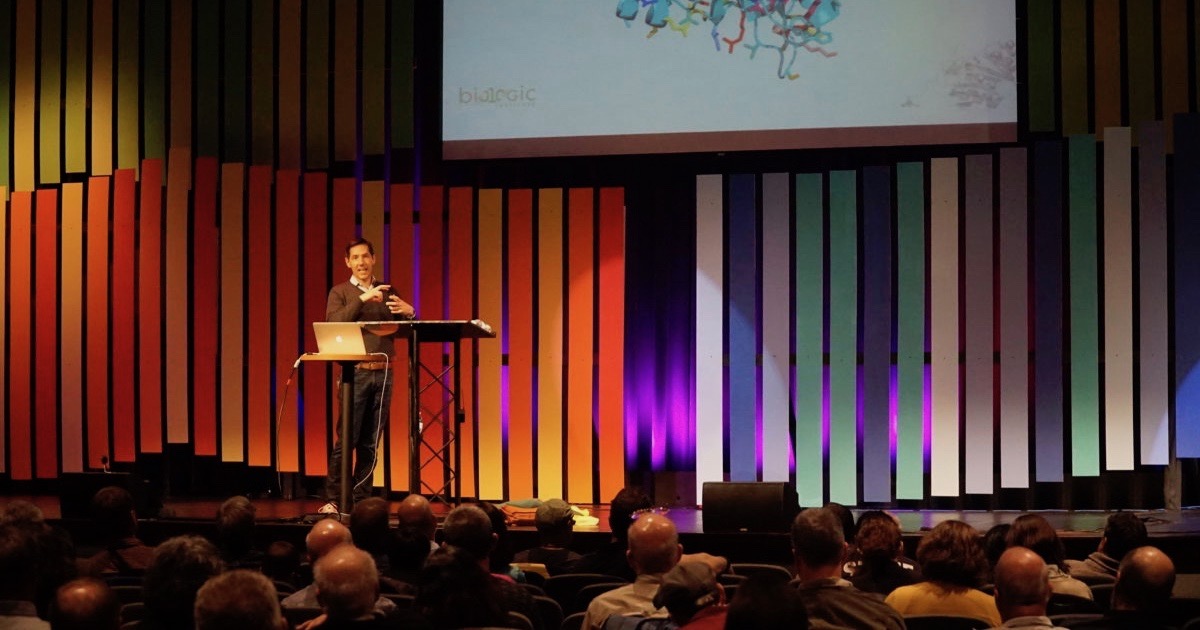 Faith & Science
Faith & Science
Where Science and Faith Meet: Westminster Conference, April 3-4, in Philadelphia


It’s possible to simplistically sweep aside challenges to a materialist picture of reality. Proponents of atheism do this all the time. And it’s possible to sweep aside challenges, or what seem to be challenges, to a theistic understanding. People do this, too, all the time. Neither is intellectually satisfying. And the latter sets a trap for young people.
Parents and educators might feel it’s the safest way to take shelter from claims by scientists and other academics that are thought to engender cynicism and undermine faith. But what happens when young people grow up, are immersed in a university or secular culture, and realize how little they were prepared for or exposed to counterarguments against their family’s religious tradition? The resulting sense of betrayal has been reported many times.
Youth Track Led by Daniel Reeves
The yearly Westminster Conference on Science and Faith exposes parents, teachers, and students to the responsible science that increasingly supports faith. The 2020 conference, in the Philadelphia, PA, area, will be held April 3-4, a Friday and Saturday. One of the unusual features of the event is a Youth Track led by biologist Daniel Reeves, accessibly introducing the theory of intelligent design, the idea of cosmic design, and the science of design detection. Melissa Cain Travis and Vern Poythress will join in the teaching.
“One God or Many Universes?”
For adults, meanwhile, the offerings are rich: philosopher of science Stephen Meyer on “Fine-Tuning: One God or Many Universes,” chemist Marcos Eberlin on “Foresight in Reproduction: The Fantastic Race of Life,” political scientist John West on “The Debate Over Design in the Early Church,” and more.
More information about the Westminster Conference is here, and go here for a schedule of speakers. You can register here — and I suggest that you do that soon because the discounted early bird deadline is March 1, 2020.
From the event description:
Where do science and faith converge?
Well, an increasing number of scientists are seeing undeniable evidence of design and purpose in the universe — from nanomachines in microscopic cells to finely-tuned physical conditions in our solar system, galaxy, and the universe at large. Where did that design and purpose come from?
Meanwhile, people of faith the world over have marveled at the power and genius of the designer described in the Bible — a God who creates order and beauty out of chaos. But is that faith supported by the scientific evidence?
There’s only one way to find out: by diligently, objectively weighing the evidence. The scientists and a scholars gathered at the Westminster Conference offer to help you do just that.
Photo: Protein chemist Douglas Axe teaching at the 2019 Westminster Conference, by Daniel Reeves.
